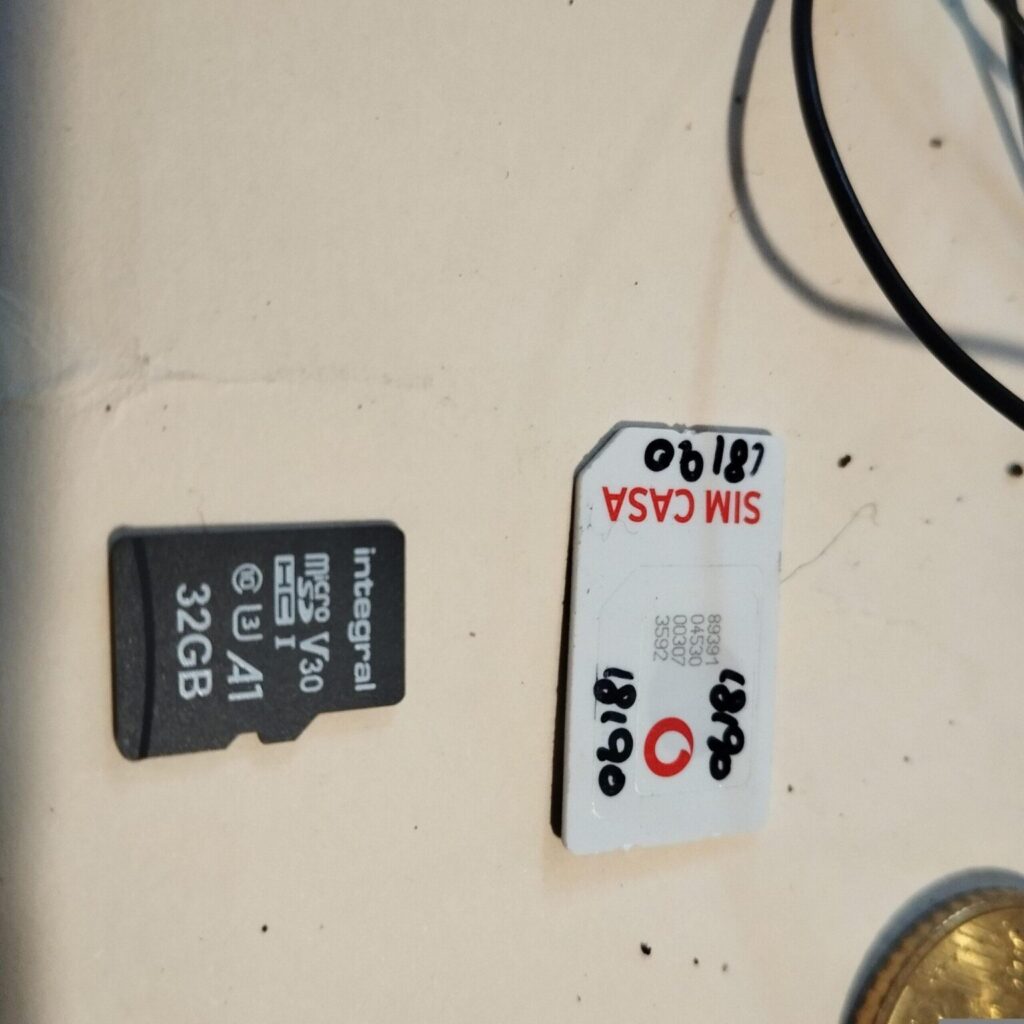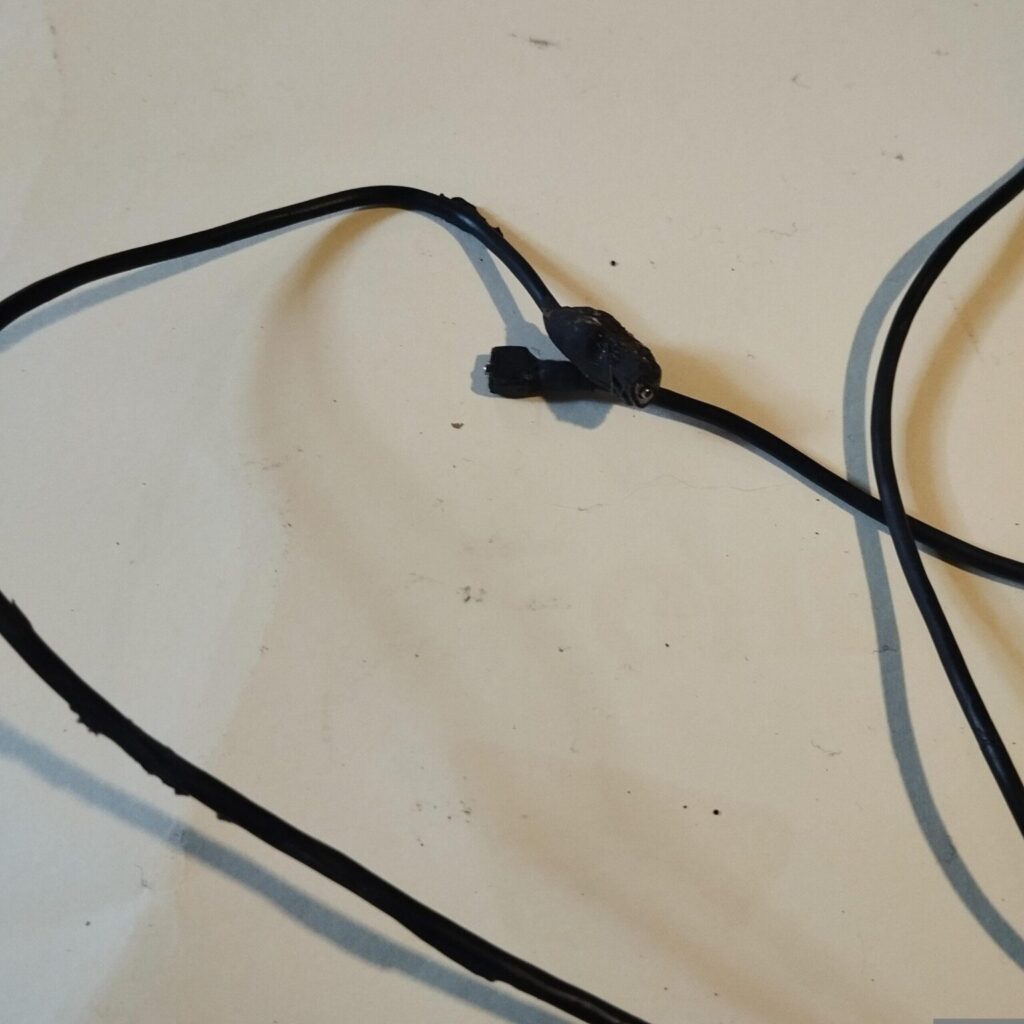We are not living in the era of the junta, but we are living under the junta of our time. In recent years, and even more so in the last six years, the criminal organization of New Democracy has been ruling the country with the tactics of a monarchy and an authoritarian regime. Amid political scandals and state crimes, it “exploits” security to sell fear to the people. Its main argument in its attempt to gather a few votes is prisons and the harshest repression. In the country’s ostensibly “correctional” institutions and in the otherwise blind and independent justice system that decides who will become an inmate and who will not, their criteria are not evidence of guilt but ideological position, wallet size, skin color, party connections, and the privileged clique to which some belong.
It is clear that Greek courts are anything but incorruptible. Every day, hundreds of trials are held in the country with the aim of repressing and intimidating citizens. For the majority of people, exhausting laws, mass detentions, and illogical sentences have made conditions in the country’s prisons unbearable and inhumane, culminating in the New Democracy party’s repressive resolutions, such as the new penal code and the abolition of all the acquired rights of the state .
Continue reading Thessaloniki, Greece: Responsibility claim for explosion at home of prison officers’ union president Kostas Varsamis by armed organisation ‘Sagre Negra’ [Black Blood]

![Thessaloniki, Greece: Responsibility claim for explosion at home of prison officers’ union president Kostas Varsamis by armed organisation ‘Sagre Negra’ [Black Blood]](https://actforfree.noblogs.org/files/2025/09/thess-bomba-672x372.jpg)



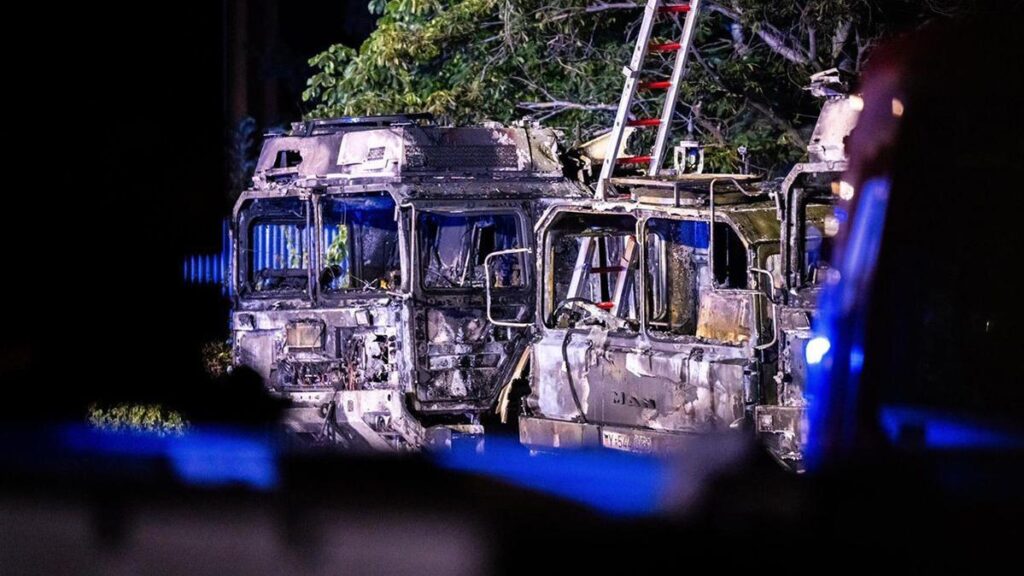

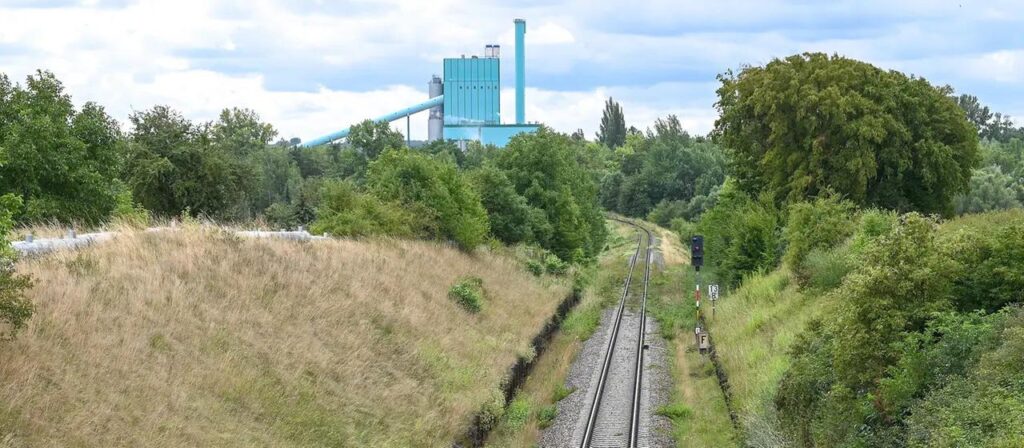


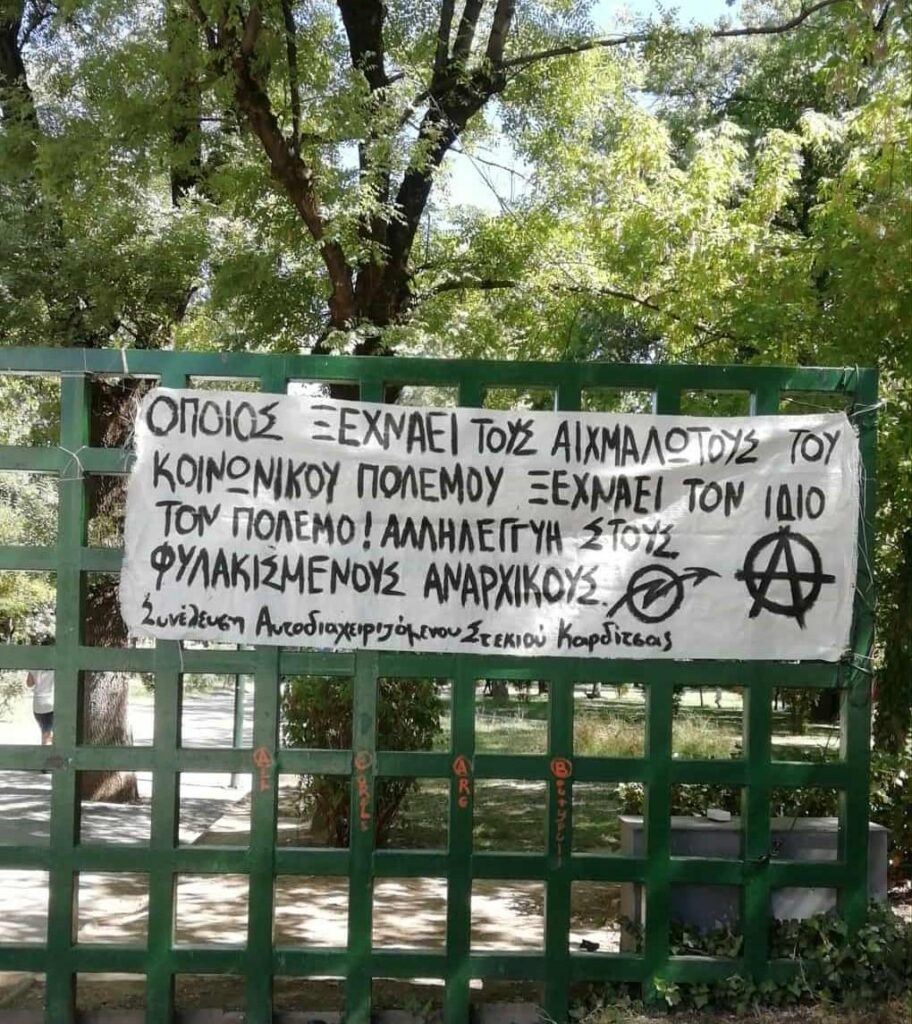

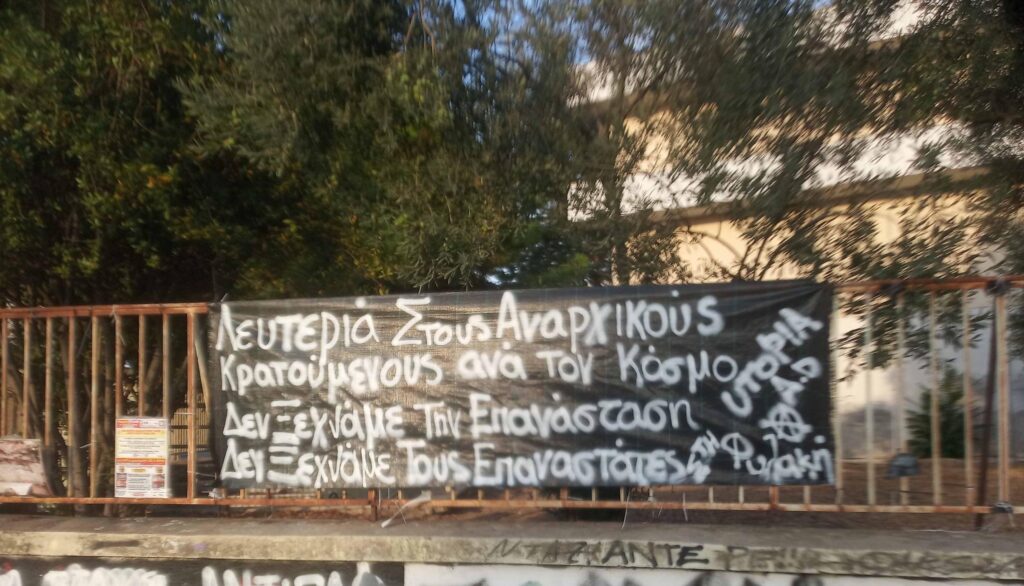


 rights. The loss of ten lives in this struggle only deepens our resolve to confront the state and its henchmen.
rights. The loss of ten lives in this struggle only deepens our resolve to confront the state and its henchmen.